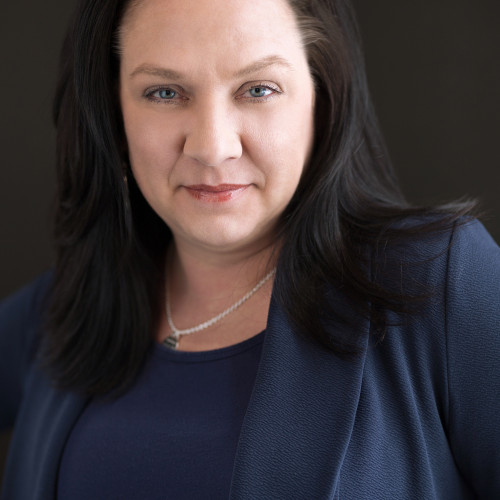LHF Blog

Some hard truths about Duchenne awareness
Posted on September 7, 2018
True, we've come a long way. But our latest bad policy discovery reminds us of just how far we have yet to go.
Today, on World Duchenne Awareness Day, I reflect on the work that we have been doing helping families affected by Duchenne. We continue to work towards getting coverage for necessary medications and equipment. However, it is an uphill battle. It’s Duchenne Awareness Day. The question that comes to my mind is have we done enough? The answer is a resounding NO. There is still not a solid understanding of this disease within the coverage community. This lack of understanding includes everything from progression, the purpose and intended treatment effects of the current approved medications, to the fact that losing the ability to walk is not the end of a life worth living. When reviewing insurance policies, one point stands out as abundantly clear: Once you come off your feet, you no longer matter to many. Yesterday, I reviewed a blatant example. A Medicaid policy published the following denial language for a STEROID: “Beneficiary has loss of ambulation, or loss of ability of stand, or has been issued a wheelchair.” Yes, you read this correctly--once a Duchenne patient has been prescribed a wheelchair, the patient no longer gets access to medication. This denial criteria not only discriminates those who are non-ambulatory, but it also discriminates against those who have any need for a wheelchair. We need to do more to provide awareness, not just within the general community, but with decision makers that have direct impact on our children's health care decisions.
This particular policy comes from Arkansas Medicaid. We encourage you to contact the Director of the Arkansas Department of Human Services at 501-682-8650, and let them know what you think of their policy.
Here is the full criteria for Arkansas Medicaid:
EMFLAZA™ APPROVAL CRITERIA REQUIRE ALL OF THE FOLLOWING:
Beneficiary has confirmed genetic diagnosis of Duchenne muscular dystrophy (DMD);
Beneficiary is ≥5 years of age;
Prescriber must submit a letter explaining the medical necessity of receiving EMFLAZA™ over
other glucocorticosteroids, such as prednisone or prednisolone;
Prescriber must submit documentation to substantiate the medical necessity request of
EMFLAZA™ over other glucocorticoid agents, including submitting chart notes, data on all
previous glucocorticosteroids tried, and include explanation of failure or explanation of an adverse
effect caused by prednisone or prednisolone that is not also caused by EMFLAZA™;
Prescriber must submit patient specific measurable treatment goals for outcomes with
EMFLAZA™ and include the treatment plan if the measurable treatment goals are not met and
EMFLAZA™ is discontinued;
The EMFLAZA™ dose prescribed is 0.9 mg/kg/day;
Prescriber must submit beneficiary’s weight, dose, and previous dosing schedule for other
glucocorticoid(s) tried, such as prednisone or prednisolone;
EMFLAZA™ is prescribed by neuromuscular specialist
Prescriber must provide the calculated Child-Pugh score AND the labs (INR, Bilirubin, Albumin)
AND chart notes (e.g., for encephalopathy and ascites) required to calculate the Child-Pugh
score;
Beneficiary has not lost the ability to stand or ambulate and a wheelchair has not been issued to
the beneficiary;
CONTINUATION CRITERIA APPROVAL REQUIRE ALL OF THE FOLLOWING:
Beneficiary is adherent to prescribed dose of EMFLAZA;
Prescriber to submit documentation that beneficiary has not had loss of ambulation or loss of
ability of stand;
Beneficiary has not been issued a wheelchair;
DENIAL CRITERIA REQUIRE ANY ONE OF THE FOLLOWING:
Beneficiary is < 5 years of age;
Beneficiary has not received prednisone or prednisolone;
Beneficiary did not receive the weight based dose on a daily schedule of prednisone or
prednisolone (0.75 mg/kg/day);
Beneficiary is classified as Child Pugh C;
Beneficiary has loss of ambulation, or loss of ability of stand, or has been issued a wheelchair;
About Kelly Maynard

Recent Blogs
Archive

MAKE A DONATION
Little Hercules Foundation relies on the generosity of individuals around the world, like you, who believe in our mission and in the power to make a difference in the lives of those diagnosed with — and families fighting against — Duchenne muscular dystrophy.